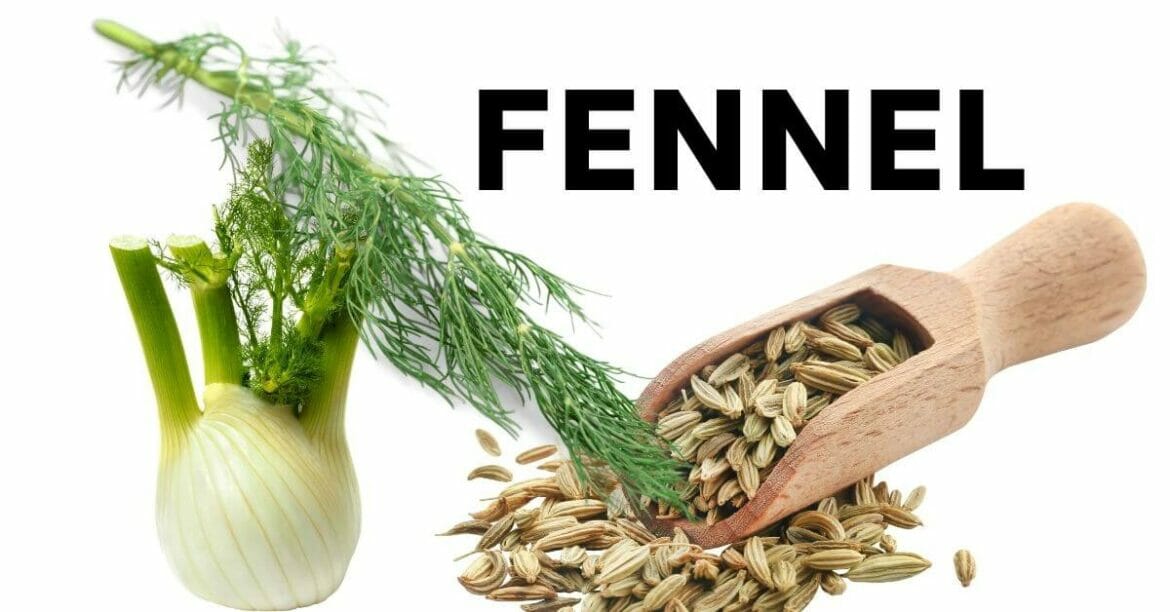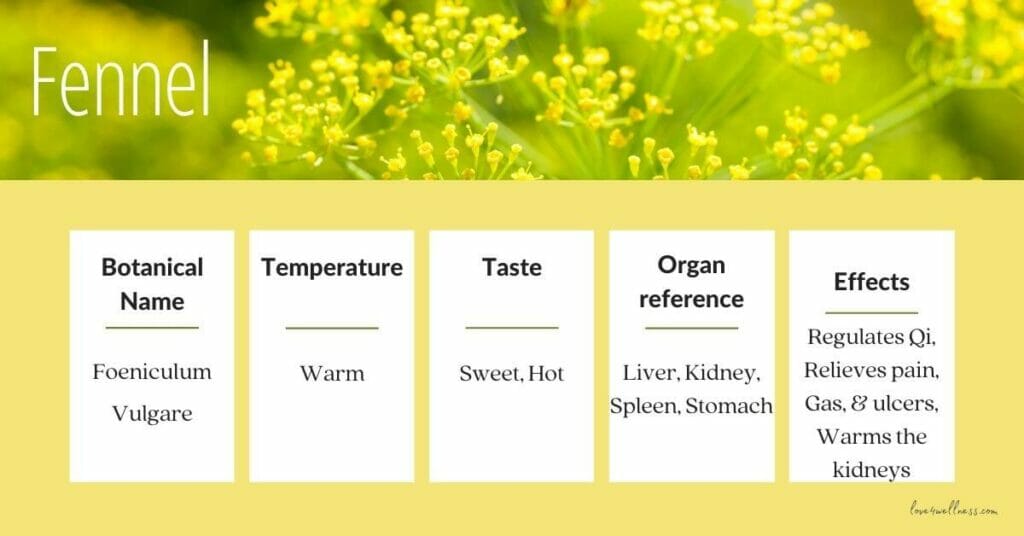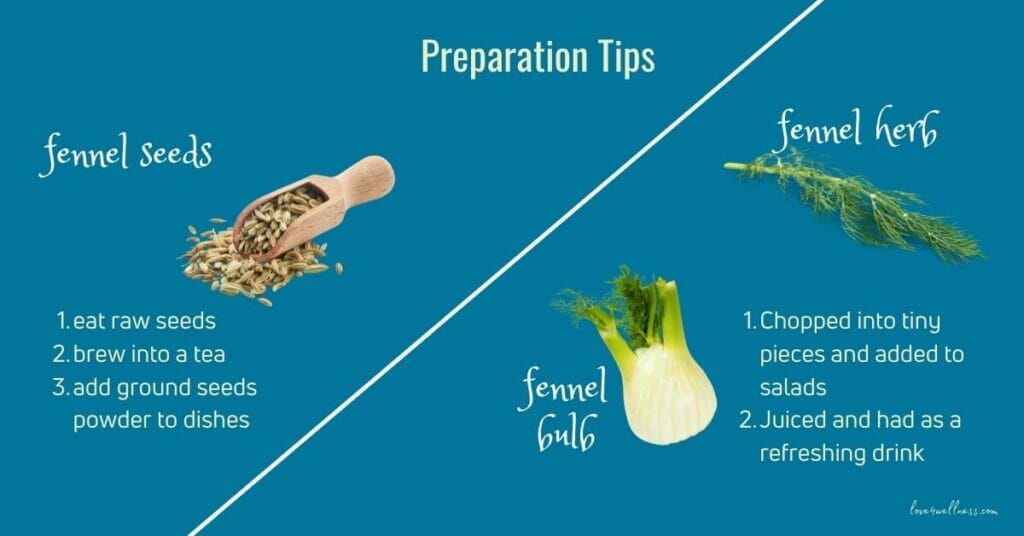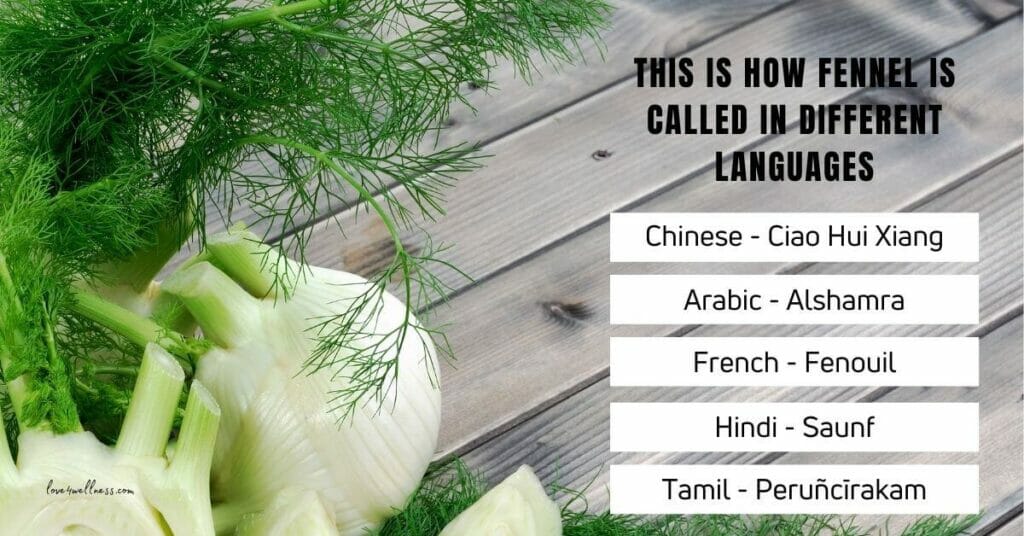Traditional Chinese Medicine uses several herbs in its treatments. And, would you believe if some herbs that TCM uses can, in fact, be included as a part of your diet? Yes, there are so many such herbs that provide plenty of health benefits when included in your food. Fennel is one such medicinal plant known and used not only in TCM but also in many cultures. The plant offers many health benefits, and this article briefs about the fennel plant, the medicinal properties and uses according to TCM, and some preparation tips.
Also Read: FAQs on Cupping Therapy answered
One of the theories Traditional Chinese Medicine is based on is the Yin-Yang balance. When your interior organs are colder, a Yin-Yang imbalance occurs; in such cases, Fennel seeds can help warm the interiors and thus create a Yin-Yang balance.
The herbs used in TCM have a specific taste and temperature behaviour and act upon particular organs or organ systems. Fennel has a sweet and spicy taste and provides a warming effect. The use of fennel impacts the liver, spleen, kidney, and stomach.
Hence, using fennel offers various benefits such as regulating Qi (energy), reducing pain, stimulating the digestive system, relieving gas, eliminating ulcers, and treating yang-deficient kidneys.
Uses Of Fennel According To TCM
Fennel seeds generally relieve various stomach discomforts and reduce flatulence. The seeds, herbs, and bulbs are beneficial in the following cases:
1. Pain in lower abdomen and genitals
Symptoms – Pain in the lower abdomen, genitals, hernias (chordapsus pain), cold feeling and pain in the stomach. A Yang deficiency in the organs below your abdomen that includes kidneys, liver, small intestine, large intestine, and bladder (lower burner) cause these symptoms.
Treatment: You can take Fennel juice made from the tuber and herb together with hot wine. Just blend well-cleaned tubers and herbs in a blender. Strain it, and your fennel juice is ready.
2. Stomach discomforts due to indigestion:
Symptoms – Sensation of tension and discomfort in the abdomen such as belching, vomiting, reduced appetite. Such symptoms arise due to disharmony in the stomach.
Treatment: To treat the conditions, you can use the herb as a filling for dumplings. Consuming fennel tea also has a calming effect on your abdomen.
3. Measles
Indications – If the exanthema occurs too slowly or too weakly and in the case of ulcerations associated with Measles.
Treatment: Brew Fennel herb into a decoction and consume it. Also, external applications (compresses) on the rashes help. By the way, some specific acupuncture points of the Metal Element (Large Intestine) can regulate the body’s temperature. So, in addition to Fennel herb treatment, you can also approach an Acupuncture therapist for the condition to improve quickly.
4. Abdominal bloating
Symptoms – Stomach and intestinal complaints such as a feeling of bloating and fullness.
Treatment: Slices of the fennel bulb are baked as a spice in brown bread and consumed. The bulbs can also be infused into the tea. The Fennel tea has a calming effect on the stomach and thus relieves you from the symptoms mentioned.
5. Fennel for colic in Babies
Symptoms – Abdominal pain in infants suffering from stomach gas (flatulence).
Treatment: Brew fennel seeds into a decoction to make fennel tea; cool it down well before feeding it to the child.
Dosage – If the child is less than 6-months old, feed one or two drops of cold fennel tea to relieve colic pain. You can give a teaspoon of that tea when the child is more than six months old.
Preparation Tips
- You can consume fennel seeds raw, brewed into a tea, or ground into powder and added to various dishes for aroma and health benefits.
- Fennel tuber and bulbs can be chopped and added to your soups and salads, and they too give a wonderful aroma besides the medicinal value.
- You can also blend the tubers and bulbs into juice. You can, in fact, get creative and combine other juicing ingredients with fennel juice.
Fennel in other languages
Final Word
Cuisines such as European, Indian, Chinese, and Middle-eastern use Fennel seeds extensively in the dishes, which further establishes the popularity of Fennel seeds among different cultures and regions. In India, fennel seeds are used as mouth fresheners. That said, not only the seeds but also Fennel herbs and bulbs have medical use in TCM. With simple preparations such as Fennel tea, you can enjoy the benefits for general health. However, to treat specific conditions, it is best to consult a TCM expert for the proper dosage and method of use.
Edited by love4wellness | Images from canva.com



